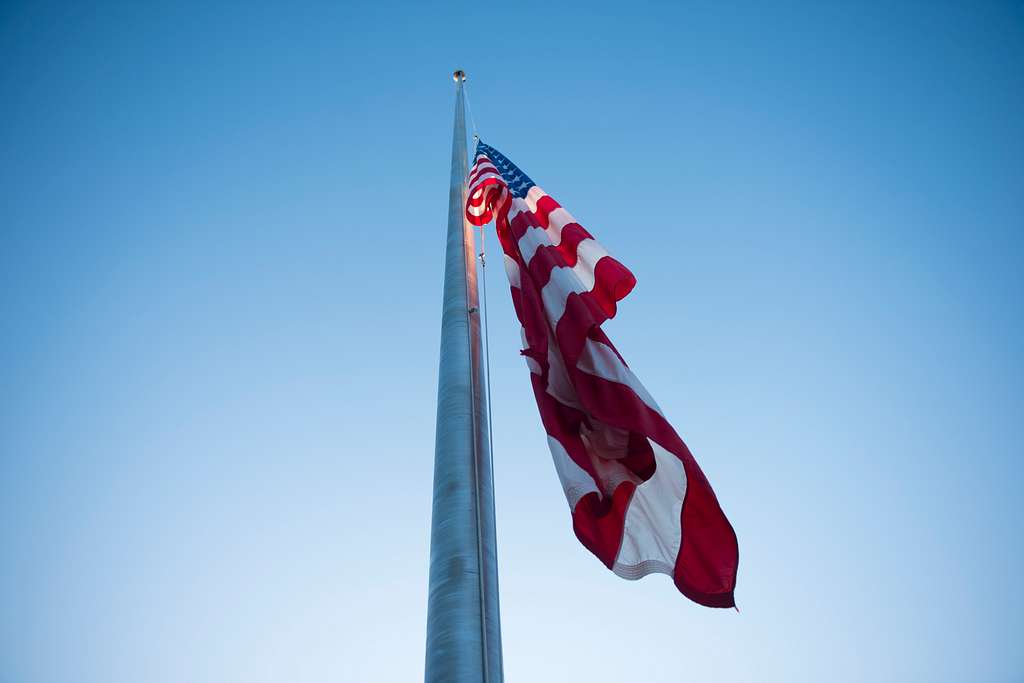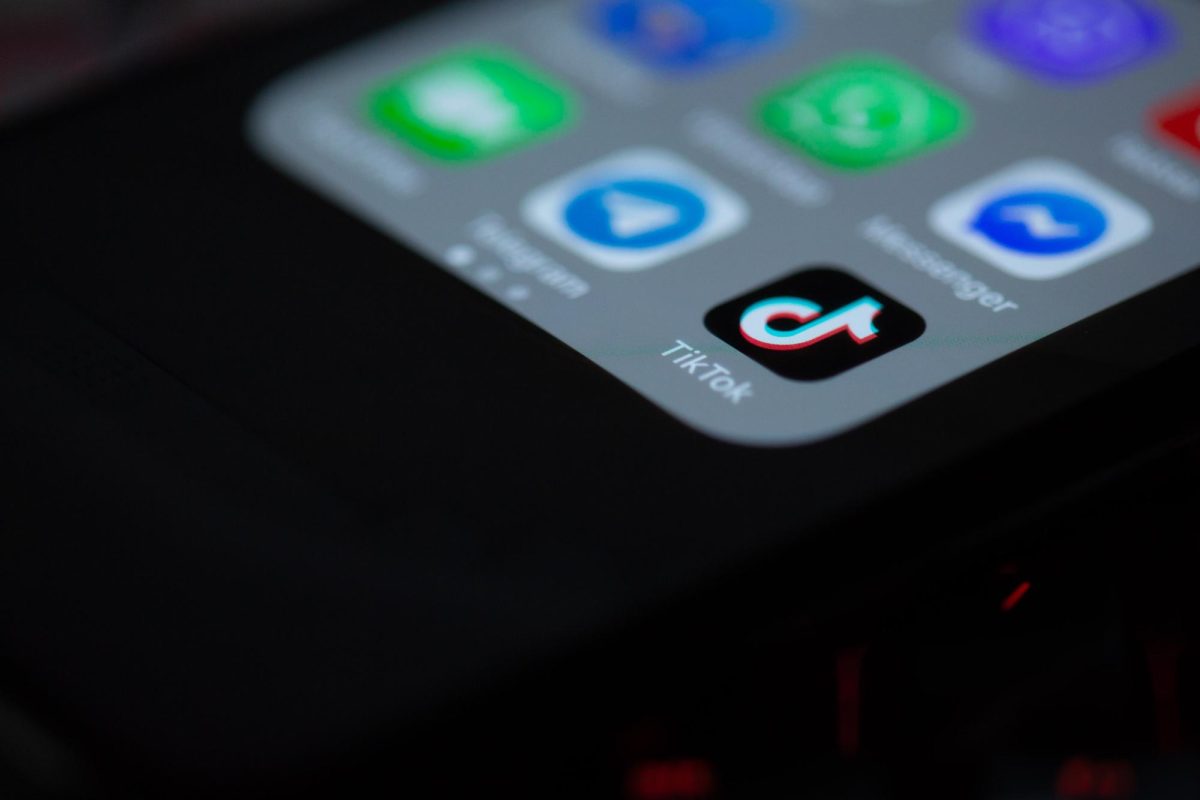The Food and Drug Administration is considering prohibiting the sale of caffeinated alcoholic beverages.
According to an FDA press release, the addition of caffeine into alcoholic drinks was never approved by the association. Any substance added to food or beverages is considered “unlawful” until cleared by the FDA. Some substances are “generally recognized as safe,” and are automatically cleared for use in products, but caffeine is not one of these substances. Manufacturers of caffeinated alcoholic beverages have been requested to provide evidence of the safety of their products by Dec. 13.
The FDA notified 30 caffeinated alcohol manufacturers to investigate the “safety and legality of their products,” according to the press release. The FDA was alerted by 19 lawyers to look into the effects of consuming the beverages.
Some manufacturers felt the pressure of the FDA’s intention to investigate the situation and have discontinued the sale of their caffeinated beverages, according to the FDA press release. Production and distribution of caffeinated alcoholic drinks Tilt, Sparks and Bud Extra were halted earlier this year.
Tom Davis, owner and head brewer of Thomas Creek Brewery, received the FDA’s letter and questions the organization’s actions. The company brews caffeinated beverages for Mobius Lager, another alcoholic beverage company,
Get The Daily Illini in your inbox!
“I think it’s just another bureaucratic way of controlling something that’s not out of control,” Davis said.
He said his company received permission to brew the caffeinated drink from the Alcohol and Tobacco Tax and Trade Bureau, or TTB. Davis added that the TTB was in contact with the FDA during the process of approving the drink to be brewed by Thomas Creek Brewery.
“We went through all the hoops to have it approved,” he said.
Elizabeth Jeffery, professor in food science and human nutrition, said she agreed that safety is a definite point of concern in the FDA’s research.
“Maybe the greatest danger in mixing caffeine and alcohol comes from the fact that caffeine gives back the feeling of energy that we lose when we drink too much alcohol … we think we are no longer drunk,” she added. “Think again.”
Although people may feel more awake when they are intoxicated from a mixture of caffeine and alcohol, they are in no condition to perform normal activities, Jeffery said. People may think they are sober enough to drive or perform various tasks, but in reality, the person is under heavier influence than what they feel.
Jeffrey added that caffeine and alcohol both dehydrate the body.
“You may be more likely to wake the next day with a horror of a hangover due to dehydration,” Jeffery said.
Although Jeffery said there have been rumors that caffeinated alcoholic drinks are detrimental to the heart, not enough research has been done to support those statements.
Even though the safety of these drinks is in question, students have mixed opinions on what is right and wrong.
“I think if they were dangerous, manufacturers wouldn’t be selling them in the first place,” said Yooji Kim, freshman in LAS.
Victoria Almanza, senior in LAS, said that the caffeine-alcohol mixture is definitely unsafe to consume.
“I don’t think Red Bull and vodka are safe, but some of my friends drink it a lot,” said Almanza. “I don’t think a ban would have a big affect on them drinking it.”
Daniel Wheaton, junior in Engineering, said he adds alcohol to his coffee at times. He said he also has friends that drink Red Bull and vodka and does not think safety guidelines would stop him or his friends from mixing caffeine and alcohol.
“Drug-drug interactions almost always give us a few surprises that we cannot understand without detailed study,” Jeffery said. “I think the FDA should do a full literature search and call a panel of experts to decide what action to take.”









